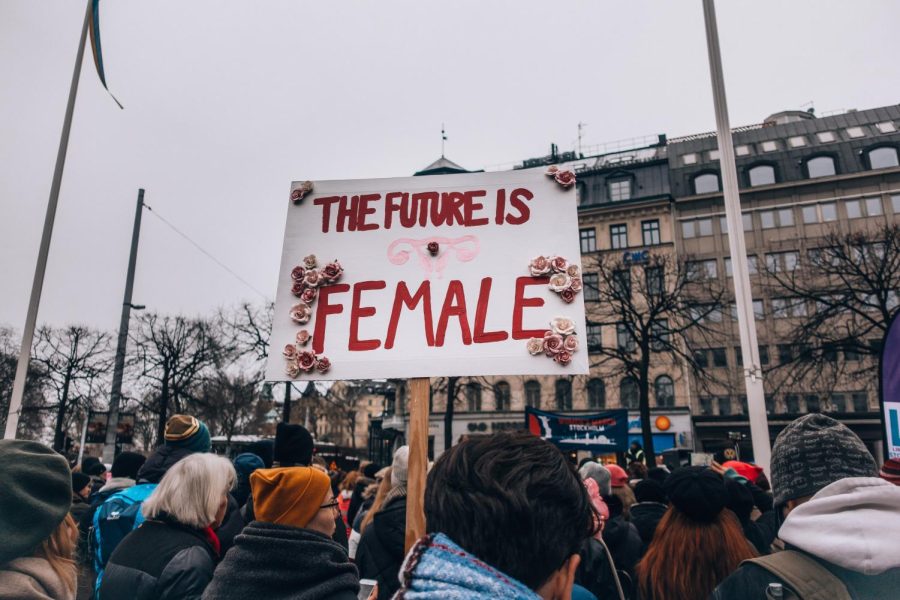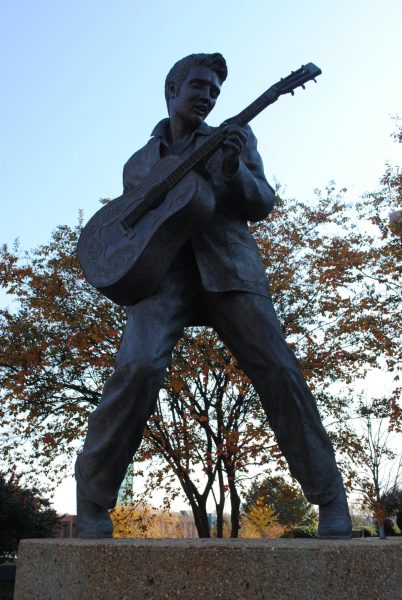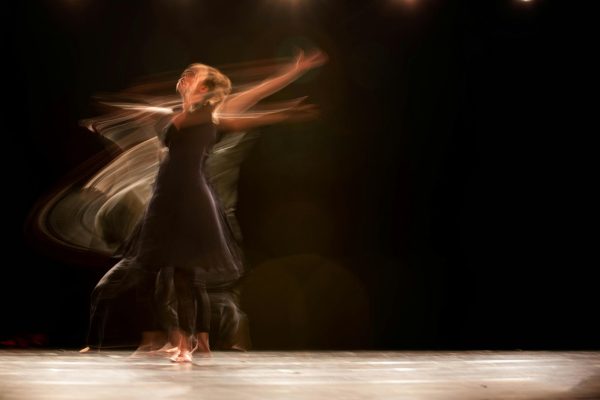The First Feminist Writer
April 21, 2023
Feminism within literature during the eighteenth century was almost entirely unheard of, until author Mary Wollstonecraft. Feministic works were often written under alias names as publicly speaking about women’s rights and equality was frowned upon by society, but the first breakthrough would be in Mary’s book, A Vindication of the Rights of Men, where she politically criticized and voiced her concerns on the French Revolution.
Within the pamphlet, A Vindication of the Rights of Men, author Mary Wollstonecraft attacks aristocracy and advocates for republicanism. The issue of education applied to women was one of Mary’s strongest passions. The foundations of her feminism were rooted in the idea that women needed access to education. In her work, she further delves into the topic of education, among other things, but strongly voices her opinions on the type of education women were granted. She explains that the education women received was designed to subjugate them to men and make them trophies. Mary further reiterates that this form of education was not given with the intention to help women but to belittle them. She criticized that they were granted education to impede a woman’s intellect which forced them to have unhappy lives constrained by societal roles. Wollstonecraft rightfully believed that men and women were equal, especially intellectually. She even criticized marriage as “legal prostitution” because marriage was the only option for women seeking economic prosperity or even just stability. One of the strongest and most emotional quotes from the work was centered around the role men forced women to play, it stated, “created to be the toy of man, his rattle, and it must jingle in his ears, whenever, dismissing reason, he chooses to be amused.”
The initial reaction to Mary’s work was obviously favored by people with similar ideals but intensely disliked by everyone else, especially men. The responses to her work left Mary thoroughly criticized and belittled by men in society around her. She was even referred to as a “hyena in petticoats”, in one of Horace Walpope’s letters. Essentially, her works were respected within her intellectual community but greatly hated by anyone otherwise.
After Mary Wollstonecraft’s death, which was on September 7th, 1797, her husband published her memoirs which he had written in his grieving process. Within these, he comments on their premarital relationship, but also Mary’s past relationship.
The impact that this work and Mary Wollstonecraft herself would have on feminism would be crucial and cherished by many feminists centuries later. Mary being the first open woman to write about feminist issues would be an inspiration for women many years after her lifetime. Authors like Jane Austen, Margaret Fuller, and Betty Friedan would follow in the footsteps of the world’s first openly feminist writer.
Here is a quote from one of Dover’s best literature teachers, Mrs. Nottingham!
“In fact, her own daughter, Mary Shelley, authored Frankenstein, which is one of the best novels ever written!”
Sources: https://www.britannica.com/biography/Mary-Wollstonecraft
https://www.britannica.com/biography/Mary-Wollstonecraft











